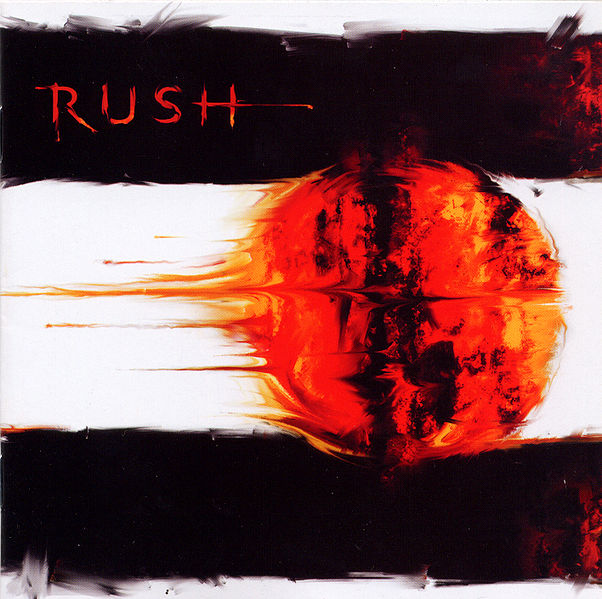
Vapor Trails (2001)

1.One Little Victory
2.Ceiling Unlimited
3.Ghost Rider
4.Peaceable Kingdom
5.The Stars Look Down
6.How It Is
7.Vapor Trail
8.Secret Touch
9.Earthshine
10.Sweet Miracle
11.Nocturne
12.Freeze
13.Out Of The Cradle
By the time this particular album emerged, it carried the heaviest emotional burden of any Rush release to date. And not just in the figurative sense. The backstory was well known, tragic, and harrowing: Neil Peart, the band's reclusive yet revered drummer and lyricist, had suffered a double blow that would shatter even the most stoic among us. First, the death of his teenage daughter in a car accident. Then, only months later, the loss of his wife to cancer—an illness that arrived swiftly and consumed what little was left of his world.
Peart did what one imagines only he could do. He disappeared. Not metaphorically, but literally—taking to the open road on a motorcycle, clocking thousands of miles in an attempt to outrun a pain that couldn’t be outrun. For five years, Rush ceased to exist in any active form. And when the three men reconvened, it was less a triumphant return than a tentative attempt at musical healing.
The results are somewhat unfortunate. Lyrically, it is easily the most personal album of their career. Peart’s grief bleeds from every verse—confused, bruised, bitter. There are no metaphors here. No science-fictional distancing or clever wordplay. Just unvarnished sorrow, served in heavy doses.
It is the music itself that does not hold up. Rush has always resisted repetition. They’ve never been interested in rehashing Moving Pictures or cloning The Spirit of Radio over a dozen tracks. Admirable, yes. But here, that tendency works against them. The production is deliberately raw, even abrasive—an approach that may have felt “of the moment” in the early 2000s but quickly dates itself. The guitars are aggressively distorted, the mix is muddy, and Geddy Lee’s vocals are often buried so deeply that even the sharpest ears strain to decipher the lyrics.
The album’s tone is consistently heavy—dense, gritty, and unapologetically loud. It’s not so much a hard rock album as a sonic wall of emotional noise. And this may be the core issue: an album that aims to be cathartic ends up exhausting. With thirteen tracks clocking in at over an hour, it becomes less an act of listening and more of endurance.
Worse still, Alex Lifeson’s guitar, usually the band’s melodic counterweight, is reined in almost entirely. Solos are all but absent. The textures—more garage than grandeur—feel intentionally claustrophobic. The arrangements rarely breathe. And while one can respect the intent, the execution leaves much to be desired.
To their credit, the band later revisited the album. A remixed version appeared over a decade after the original release—an implicit admission that the first attempt had missed the mark. And, to be fair, the updated mix corrects many of the earlier missteps. It sounds clearer, fuller, and more like a Rush album should sound. In fact, the original may no longer even be available in its unaltered form, a quiet erasure of a misjudged moment.
As a document of pain, this album is brave. As a musical experience, it is deeply flawed. One admires the perseverance. But listening to it remains, to this day, a punishing affair.
Go back to the main page
Go To Next Review